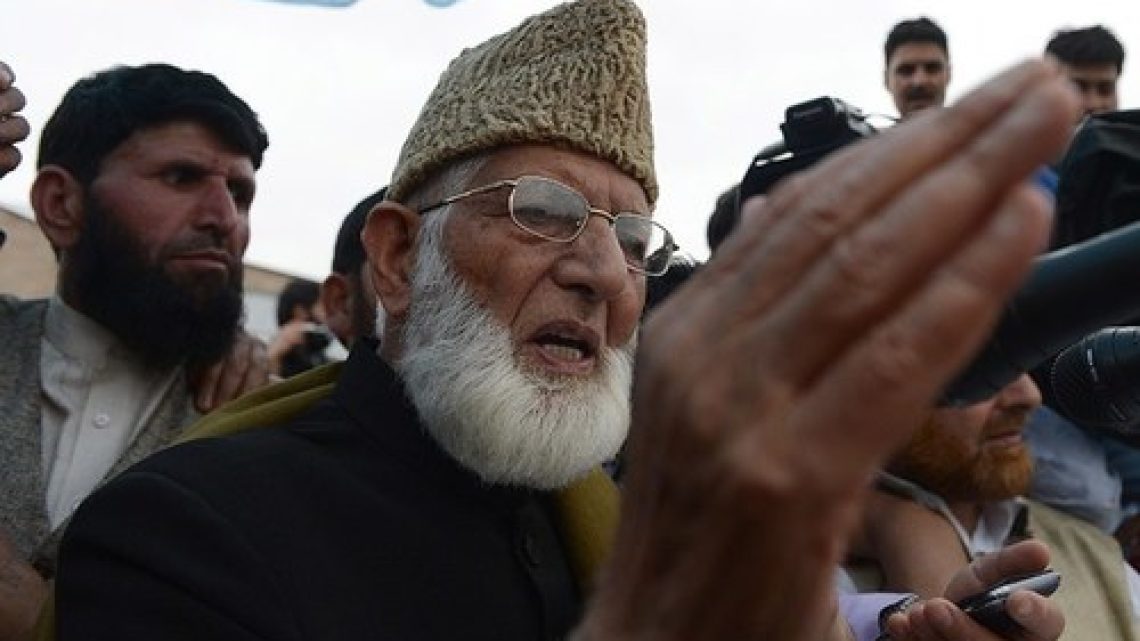
Indian Government Even Denied of Proper Burial for Shaheed Syed Ali Gillani
September 2, 2024The Indian government’s handling of Syed Ali Gillani’s burial has drawn sharp criticism for severe human rights violations. The iconic Kashmiri leader was buried under heavy military surveillance in Haiderpora, Srinagar.
Gillani’s family was denied the opportunity to perform his last rites. As they prepared for the ceremony, a large contingent of Indian occupation forces raided their home. They harassed the family and seized Gillani’s body.
The Indian authorities, who had long feared Gillani’s leadership, continued their repressive actions even after his death. The area was cordoned off, with strict restrictions on movement, a curfew imposed, and all internet services suspended.
Syed Ali Gillani passed away while in custody and was buried under stringent lockdown conditions. The Indian government defended this harsh approach as necessary to maintain law and order. However, many in Kashmir view it as a blatant human rights abuse.
Kashmiri leaders and the public have condemned the treatment of Gillani’s body as extreme prejudice against his role in advocating for Kashmiri rights. They argue that it reflects an effort to punish the Muslim population of the region.
Internationally, this incident has been widely reported and condemned. The Organization of Islamic Cooperation (OIC) criticized the Indian government’s actions. Major news agencies, including Reuters, Washington Post, and France 24, have covered the story extensively.
Pakistan had also condemned India’s actions, calling them a ‘barbaric act’ and a violation of human rights. Syed Ali Gillani is remembered as a prominent leader who steadfastly believed in Kashmir’s eventual integration with Pakistan. His legacy continues to influence the ongoing struggle for self-determination in the region.
To summarize, the Indian government’s denial of a proper burial for Syed Ali Gillani sparked significant outrage. The handling of his final rites under military control and the associated human rights concerns have drawn widespread condemnation from both regional and international observers.

